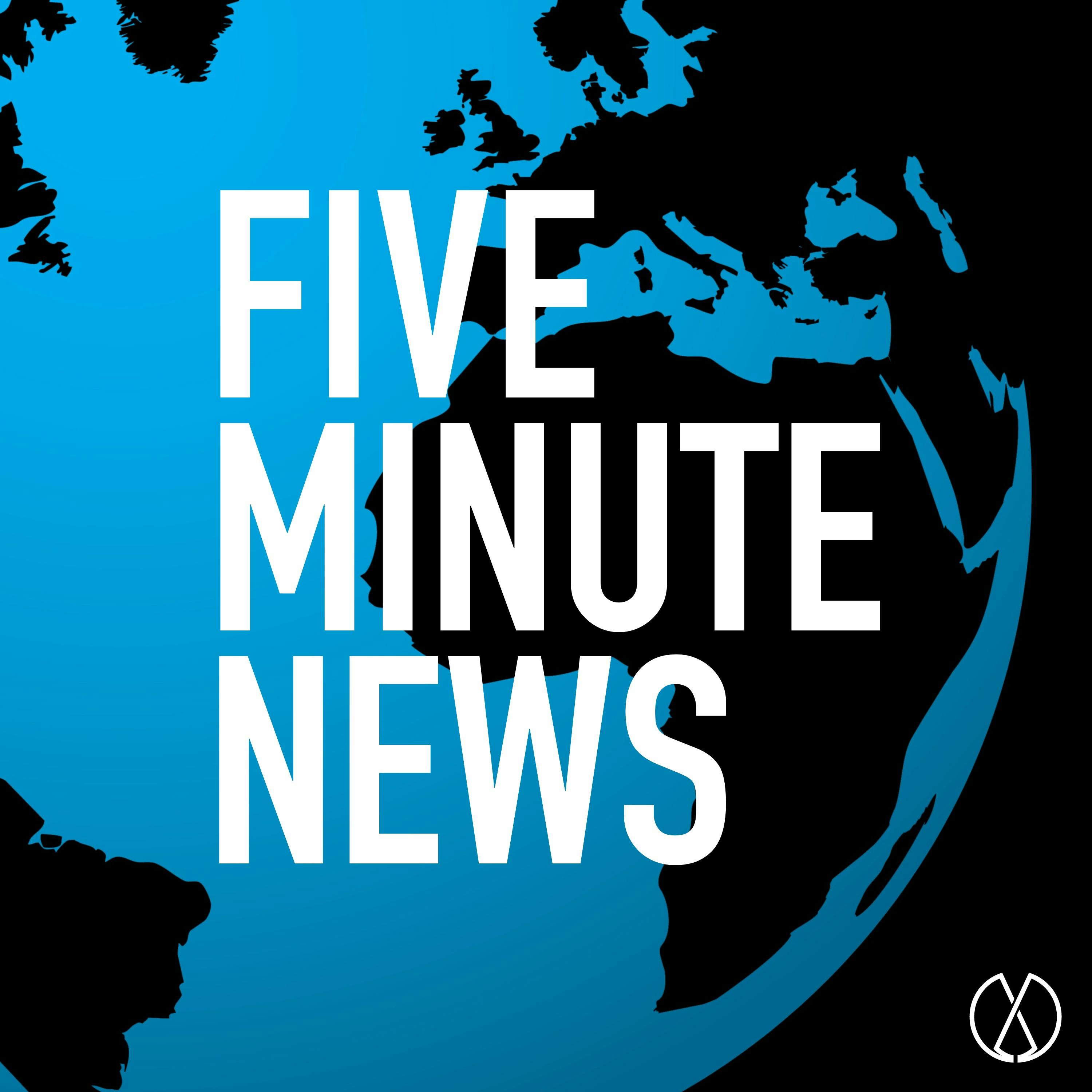
Survive Everyday
The Survive Everyday Podcast explores the stories and systems that shape our lives, focusing on resilience, inequality, and change. Through candid conversations with individuals, policymakers, and experts, we uncover the hidden barriers that keep people struggling and discuss solutions to dismantle them. Our mission is simple: to spark understanding, challenge the status quo, and inspire action toward a fairer, more equitable world.
Survive Everyday
What is Poverty?
Every day, millions wake up to a cycle they didn’t choose—a system built to keep them struggling, surviving, but never truly living. Poverty isn’t just an empty wallet or a lack of opportunity. It’s a network of barriers: broken systems, historical injustices, and policies that perpetuate inequality.
Welcome to Survive Everyday Podcast and our new series, Spark of Change. Today, we begin our journey into the systems of poverty—how they’re built, who they impact, and why they persist.
In this series, we’re not just talking about the problem. We’re talking with the people who live it, challenge it, and shape the policies that sustain or dismantle it. From everyday individuals navigating poverty to the politicians who have the power to shape anti-poverty laws, we’ll bring voices from every side of the story.
Because to change a system, we first have to understand it. Let’s begin.
This episode of Spark of Change was written an edited by Adam Gercak
Music provided by Pixabay
Buy the book Poverty, by America written by Matthew Desmond
A special thank you to Matthew Desmond and his team who provided a copy of the book to use for this series.
This has been a production of Survive Everyday Media, LLC
Survive Everyday on Bluesky
Adam on TikTok
Every day, millions wake up to a cycle they didn't choose. A system built to keep them struggling, surviving, but never truly living. Poverty isn't just an empty wallet or a lack of opportunity. It's a network of barriers, broken systems, historical injustices, and policies that perpetuate inequality.
Welcome to the Survive Everyday podcast and our new series, Spark of Change. I'm Adam Gerchak, and today we begin our journey into the systems of poverty. How are they built? Who do they impact? And why do they persist? In this series, we're not just talking about the problem. We're talking with people who live it, challenge it, and shape the policies that sustain or dismantle it.
From everyday individuals navigating poverty to the politicians who have the power to reshape anti poverty laws. We'll bring voices from every side of the story. Because to change a system, we have to first understand it. Let's begin.
My journey into this topic started with a book. The book that stopped me in my tracks. Poverty by America holds up a mirror to our society, exposing how deeply poverty is woven into our systems. As I read, I couldn't shake the questions it raised. Who benefits from poverty? Why do these systems persist?
But it wasn't just the book written by Matthew Desmond that lit the spark. The outcome of this recent election gave me a renewed sense of urgency. It became clear that the decisions being made right now on policies, budgets, and priorities could either deepen that divide, or we can use it as a starting place to dismantle the systems that keep people in poverty.
This special series is my way of responding to that urgency. It's not just about talking. It's about understanding, understanding why poverty exists, who it impacts, who it benefits, and what we can do to change it. Reading the book opened my eyes. This election reminded me of what's at stake. So I had to start somewhere.
Hi, Adam. This is Jerry Jarzombek. So I am a Financial advisor doing that for the last 31 years is I work for Robert W. Baird. So we're an employee owned investor management firm, headquartered in Milwaukee. I walk, work out of the Cleveland office. it's been a great career. It's the only thing I've done.
Graduated college. I started doing this and that's been my story. So the term most frequently used is probably the mass affluent. these are people that have somewhere between, maybe 500, 000 to a couple million in their investment accounts. A lot of that is retirement money, 401ks, rollovers, and things when people are either changing jobs or retiring.
And most of it is individuals. Yeah. A lot of them have worked at big companies, especially some of our local large employers. Cleveland Clinic, Shell Williams, you name it, the big companies we have around here. So even though they're with big companies, I work with them on an individual basis.
Jerry and I know each other through the Rotary Club of Cleveland where we're both members. Jerry and I were at an event and the subject of podcasting came up. Jerry said, I want to do a podcast. So I offered mine because let's face it his work in wealth management brings a perspective That's very different from mine to be honest.
I thought we might disagree about some of the issues surrounding poverty So I signed him a book to read. Here's the story. I think we're at the City Club for something I don't remember what it was and you're like, oh you do a podcast. I'd love to do that I'm like, I don't know what we talked about. So I said read this book Poverty by America by Matthew Desmond.
So you read the book I said I don't want to know anything about I don't want to know your opinions on it I don't want to know anything about it until we sit here and have this discussion So we still haven't had the discussion. We've seen each other several times since but
you're correct.
Yeah So after you read the book, how did it change your relationship between wealth and poverty in america?
Did it change your outlook at all?
It definitely made me think about things that are much more structurally embedded in our society than I probably had really considered. I never really, I was, I grew up in Cleveland, blue collar family, and I, so I didn't have a lot of time to really think about.
the big picture, I didn't, I don't know if philosophy is the right word, but I didn't really think a lot about, society beyond my little world that I was in, trying to, somehow become a success in what I thought would be a success. And I wanted to do things better.
My parents wanted me to do things better, have a better life. So I was always very focused on that. I think when you're, when you come up with that sort of experience and you do it. Work hard and you do achieve a level of success. And, as I said, then I get into this career after graduating from college and I build this business over 30 years, you do tend to sometimes give yourself more credit than you probably should.
And that's what it made me think about is, I think there were definitely times in my life when I would have said I was self made or I did it on my own. And if I did it other, why can't every, I had this opportunity that everybody should have has this opportunity, but I think I now realize and it's.
The book certainly helped and it just life has helped realize that's not true. Not everybody does have that same opportunity. we don't all start at the same place.
This was the conversation I wanted to have. We don't all start at the same place in a 30 year career working in the high wealth industry.
I asked Jerry, what should someone with incredible means get out of a book like poverty by America?
I've spent a lot of time thinking about that question, because obviously you set this up correctly. We, you, did, we did talk about it and I, I, certainly did, I read the book and I, there are certain things that I, there are issues that are very important to me.
And It's trying to balance those issues and meaning I am a lower tax person. And I realized in the world we're in, political environment we're in, that certainly puts me on one side of the aisle with that issue. But I believed in that and, grown up with that. And that has been my.
My mantra for 30 years, and, I've always been a person that believes that I would like to keep more of my own money and decide where I want that money to go. I'm sure not everybody does this. as you mentioned, you and I have met, at service organizations. That's how we know each other.
I don't know if it's an even trade, but. But I have tried to live that meaning I have tried to use my money to do good when I can, meaning I take responsibility for that. I want to put my money where my mouth is. If I'm benefiting from lower taxes and good market performance, and I'm able to take advantage of that.
Then I do want to be doing things to help the community and help others, which is why I am involved in the organizations and the causes that I'm involved in, but I realize not everybody's like that. I can't, I can't guarantee that everybody is that. There are some folks and I work with them.
I have some clients that are just not very charitably inclined and just love growing their portfolio. So they get the same benefits that I do or people What other people do of low taxes and great markets, but they just use that for their own personal wealth. They don't really give back to society with that.
Something that Jerry describes here is a trend in buzzword that has started to become popular effective altruism. Michael Lewis talks about the motivations of Sam Bankman Freed in his book going infinite as effective altruism. what is it? Effective altruism is a philosophy and social movement focused on using evidence and reason to figure out how to do the most good and then taking action to achieve it.
The idea is about maximizing the positive impact of your resources, whether it's money, time, or skills, by prioritizing actions that are both highly effective and aligned with your values. At its core, effective altruism asks questions like, Which global problems are the most urgent to solve? How can resources be allocated to make the biggest difference?
What actions, organizations, or causes are backed by the strongest evidence of success? This podcast is an example of that. But like Jerry said, not everyone with means thinks like that. So I keep asking myself, why? Maybe we need to understand what poverty is. In the book, Matthew Desmond expands the raw definition of what poverty is.
Alright, to the book. Poverty is about money, of course. But it's also a relentless piling on of problems. Poverty is pain, physical pain. It is in the back aches of home health aides and certified nursing assistants who bend their bodies to hoist the old and sick out of beds and off toilets. It is in the feet and knees of cashiers made to stand while taking our orders and ringing up our items.
It is in the skin rashes and migraines of maids who clean our office buildings, homes, and hotel rooms with products containing ammonia and triclosan. Amazon workers have access to vending machines dispensing free Advil and Tylenol. Poverty is the cancer that forms in the cells of those who live near petrochemical plants and waste incinerators.
Poverty is the colostomy bag and wheelchair, the night terrors and bullets that maimed but didn't finish their cunning work. Poverty is traumatic. And since society isn't investing in its treatment, poor people often have their own ways of coping with their pain. Poverty is instability. Over the past 20 years, rents have soared while incomes have fallen for renters.
Yet, the federal government provides housing assistance to only one in four of the families qualify for it. Most renting families below the poverty line now spend at least half of their income on housing, with one in four spending more than 70 percent on rent and utility costs alone. These combined factors have transformed the United States into a nation where eviction is commonplace among low income renters.
Churn has become the status quo. Poverty is the constant fear that it will get even worse. A third of Americans live without economic security, working as bus drivers, farmers. Teachers, cashiers, cooks, nurses, security guards, social workers. Many are not officially counted among the poor. But what is the term for trying to raise two kids on 50, 000 a year in Miami or Portland?
What do you call it when you don't qualify for a housing voucher? But can't get a mortgage either. When the rent takes half your paycheck and your student loan takes another quarter, when you dip below the poverty line one month and then rise a bit above it the next without ever feeling a sense of stability.
As a lived reality, there is plenty of poverty above the poverty line. According to the latest national data, 1 in 18 people in the United States lives in deep poverty, a subterranean level of scarcity. Take the poverty line and cut it in half. Anything below that is considered deep poverty. The deep poverty line in 2020 was 6, 380 annually for a single person and 13, 100 for a family of four.
The United States allows a much higher proportion of its children, over five million of them, to endure deep poverty than in any of its peer nations. Poverty is the loss of liberty. The American prison system has no equal in any other country or any other epoch. Almost 2 million people sit in our prisons and jails each day.
Another 3. 7 million are on probation or parole. Hidden behind the system's vague abstractions, justice, law, and order is the fact that the overwhelming majority of America's current and former prisoners are very poor. The United States doesn't just tuck its poor under overpasses and into mobile home parks, far removed from central business districts.
It disappears them into jails and prisons, effectively erasing them. The incarcerated simply aren't counted in most national surveys, resulting in a falsely rosy statistical picture of American progress. Poverty measures exclude everyone in prison and jail, not to mention those housed in psych wards, halfway houses, and homeless shelters, which means there are millions more poor Americans than the official statistics let on.
Poverty is the feeling that your government is against you, not for you, that your country is designed to serve other people, and that you are fated to be managed and processed, roughed up, and handcuffed. Poverty is embarrassing. Shame inducing. You feel it in the degradation rituals of the welfare office, where you're made to wait half a day for a 10 minute appointment, and a caseworker who seems annoyed you showed up.
You feel it when you go home to an apartment with cracked windows and cupboards full of cockroaches, an infestation the landlord blames on you. You feel it on how effortlessly poor people are omitted from movies and television shows, and popular music in children's books. Erasure is reminding you of your own irrelevance to the wider society.
When social movement organizers mobilize for higher wages and, or housing justice, they announce that they are fighting on behalf of working people, or families, or tenants, or the many. When the poor people take to the streets, it's usually not under the banner of poverty. There's no flag for poor rates after all.
Poverty has diminished life and personhood. It changes how you think and prevents you from realizing your full potential. It shrinks your mental energy. You can dedicate to decisions, forcing you to focus on the latest stressor, an overdue gas bill, a lost job, at the expense of everything else. When someone is shot dead, The children who live on that block perform much worse on cognitive tests in the days following the murder.
Poverty can cause anyone to make decisions that look ill fated or even downright stupid to those of us unbothered by scarcity. Still, poverty is no equalizer and can be intensified by racial disadvantages or eased by racial privileges. Black poverty, Hispanic poverty, Native American poverty, Asian American poverty, and white poverty are all different.
Poor white families tend to live in communities with lower poverty levels than poor black and hispanic families. There is no metropolitan area in the United States where whites experience extreme concentrations of disadvantage, living in neighborhoods with poverty rates in excess of 40%. But across the nation, many poor black and hispanic families live under these conditions.
Poverty not only resides in people, It lives in neighborhoods too, with poor black and hispanic families being much more likely to experience the kind of hardship that results when personal poverty collides with community level poverty. The average white household headed by someone with a high school diploma has more wealth than the average black household headed with someone with a college degree.
Poverty is often material scarcity piled on chronic pain, piled on incarceration, piled on depressed, piled on addiction, and on it goes. Poverty isn't a line. It is a tight knot of social maladies. It is connected to every social problem we care about. Crime, health, Education, housing, its persistence in American life means that millions of families are denied safety and security and dignity in one of the richest nations in the history of the world.
So with such a broad description of the kind of problem that poverty is, not just in terms of the extreme poverty, but working poor. Why don't more people care about this? Do wealth managers like Jerry talk to their clients about giving back and trying to share why that's important?
And I don't have much influence on that with clients.
That's not a, that's not a conversation I have. we'll try to have conversations about. Estate planning and charitable giving will come up in that, but, really there are some clients that are very charitably inclined. There are other clients, which are not, and I have not had much effect on that.
I think I wish I did, but it seems like it's such a personal, such a core belief 1 way or another.
If Jerry is someone who believes in giving back and taking care of people, and wants to pay as little tax to be able to do that, in essence what he's saying is, I can do better than the government. So what does he see as the government's role in all of this?
I, think this is on a continuum. So because I, the question I would say is, and most people that are in my situation, I in on in general agree with that. We're gonna have to pay taxes. There are services the government provides that we absolutely need to pay for. That's hard. There's no argument with that.
I'm not a, a no tax income tax guy. I, I, I definitely. See the use of government in that and the benefits I have from the taxes that I do pay.
So what are the services that the government provides that they should absolutely pay for? Roads, infrastructure like bridges and tunnels, police departments, fire departments, things that are designed to benefit us all.
So I asked Jerry, why don't people like paying taxes?
I just think we're so separated from what the actual benefit is from the taxes. Meaning it, it's a very, unclear process, it feels And I think, there are some things, when there are tax levies on the ballot, locally here, great organization like our Cleveland Metro Parks.
it has a, or our local libraries or schools, when those are on the ballot as a levy, we're able to see them, there's a lot of time put into directly relating that, that levy, which is a tax, of course, to the benefit. That's the whole point. That's how those get passed. So that's how those get brought up and that's how they, pass.
But, the general. taxation we pay in our paychecks, when we file our returns, there is not that effort made of trying to relate what we paid to the services we've received.
It's apparent that Americans don't see a return on their investments. And for a wealth management guy, that's a key investment strategy.
A study back in 2019 found that many people in Germany believe that their fellow citizens are happier to pay taxes for public spending than people in other countries. In Germany, their tax burden in 2019 was the second highest among rich countries. So countries like the U. S., where does the U. S. rank on the list of 38 rich countries?
32nd. So in terms of tax policy, What does the U. S. do to help people in poverty? Back to the book. Our biggest anti poverty program for the working poor is the Earned Income Tax Credit, or EITC. In 2021, 25 million workers and families received this subsidy, the average payment being 2, 411. The EITC is one of the nation's most enduring anti poverty programs, in large part because of its strong bipartisan backing.
But perhaps the primary reason the EITC enjoys such widespread support is because it functions as a generous handout for corporations. Walmart has established initiatives to help their employees claim the EITC, and it has supported legislation that requires large employers to notify their workers about the benefit.
The U. S. Chamber of Commerce, along with the National Restaurant Association, the world's largest food service trade association, have pushed for EITC expansion. A report issued by the Institute for Competitive Workforce, an affiliate of the U. S. Chamber, encourages employers to make sure their workers knew about the EITC because, quote, by introducing employees to these benefits.
Businesses help their employees and help themselves. Next time, Jerry and I continue our conversations on how corporations like Walmart exploit programs like the EITC and the societal attitudes on government programs.
I think there, there's, there definitely is an attitude out there and I. I see it a lot, okay, people are so lucky to get government handouts and you mentioned some of the specific ones that it's almost wow, how great is it for them?
Like they are like, and I'm not being even being facetious that people tend to talk about that. Oh, look at them getting their benefits and they don't have to work and they get all these different things from the government. But I think when you read the book we've just read and obviously other parts of our life when we have real world experience, those are terrible, situations these people are in.
This episode of Spark of Change was written and edited by Adam Gerchak. Music provided by Pixabay. Links to where you can buy the book Poverty by America written by Matthew Desmond is available in the show notes. A special thank you to Matthew Desmond and his team who provided a copy of the book to use for this series.
This has been a production of Survive Everyday Media.
Podcasts we love
Check out these other fine podcasts recommended by us, not an algorithm.

Serial
Serial Productions & The New York Times
This American Life
This American Life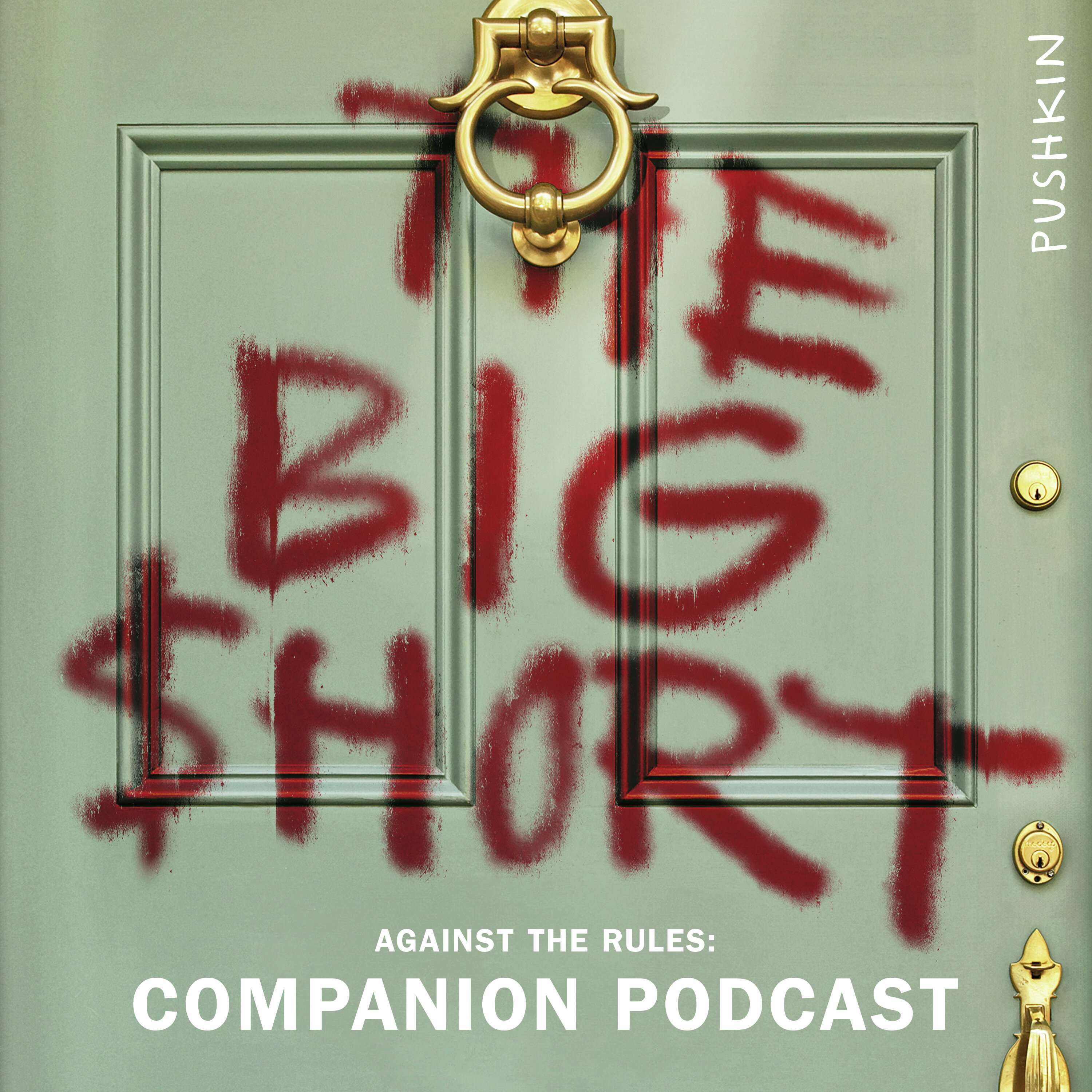
Against the Rules: The Big Short Companion
Pushkin Industries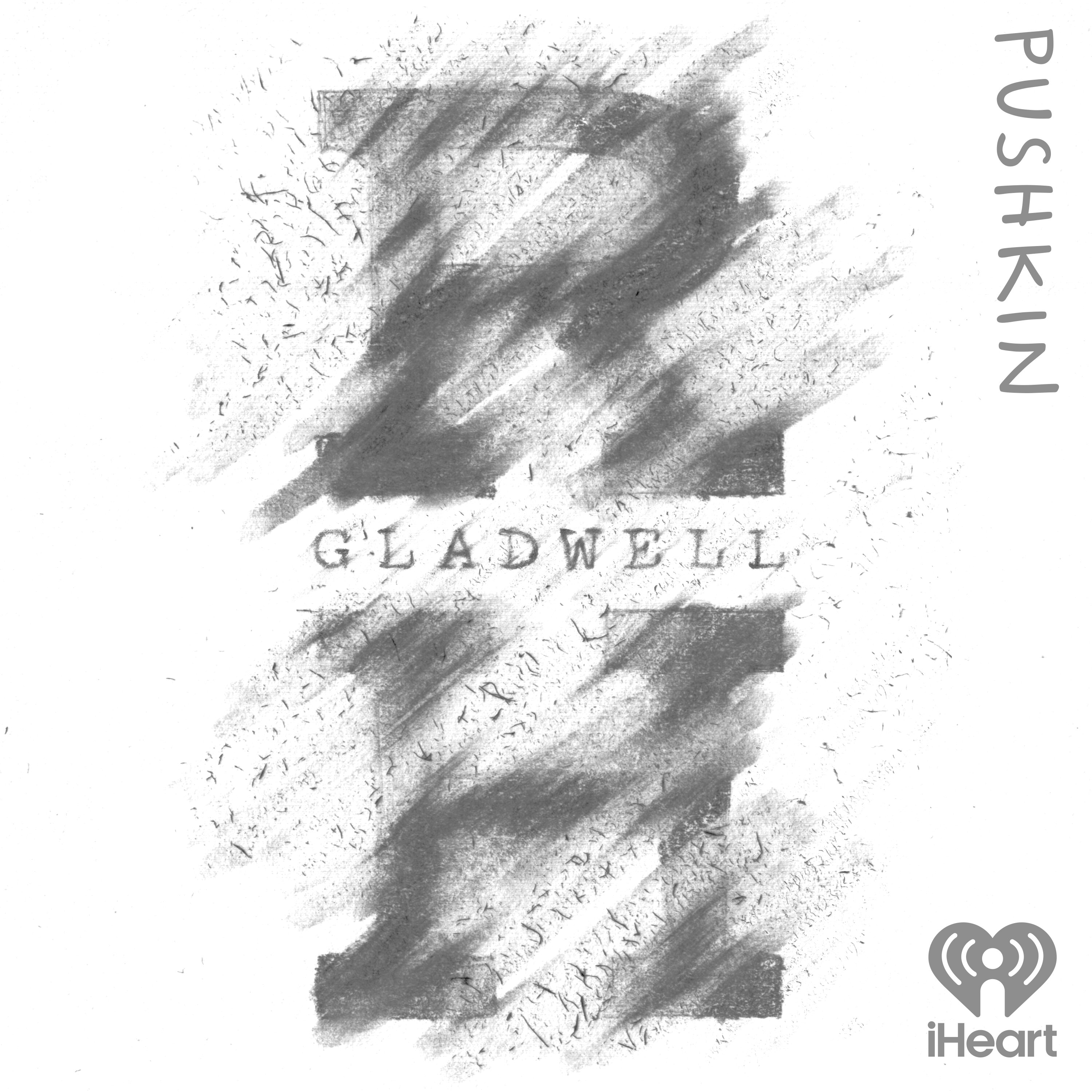
Revisionist History
Pushkin Industries
Circle Of Nerds
Circle of Nerds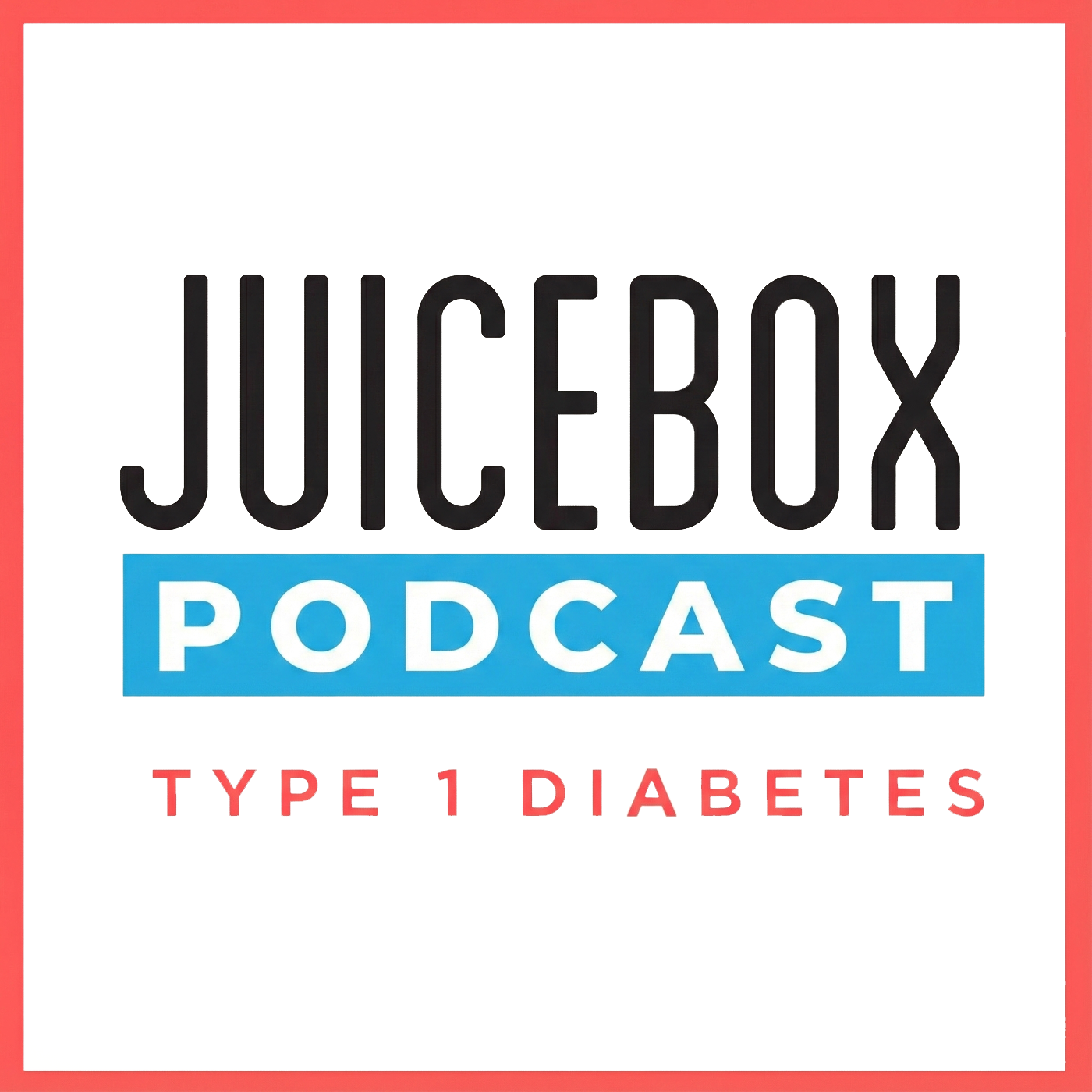
Juicebox Podcast: Type 1 Diabetes
Scott Benner
Fit, Fun, and Frazzled
Nikki Lanigan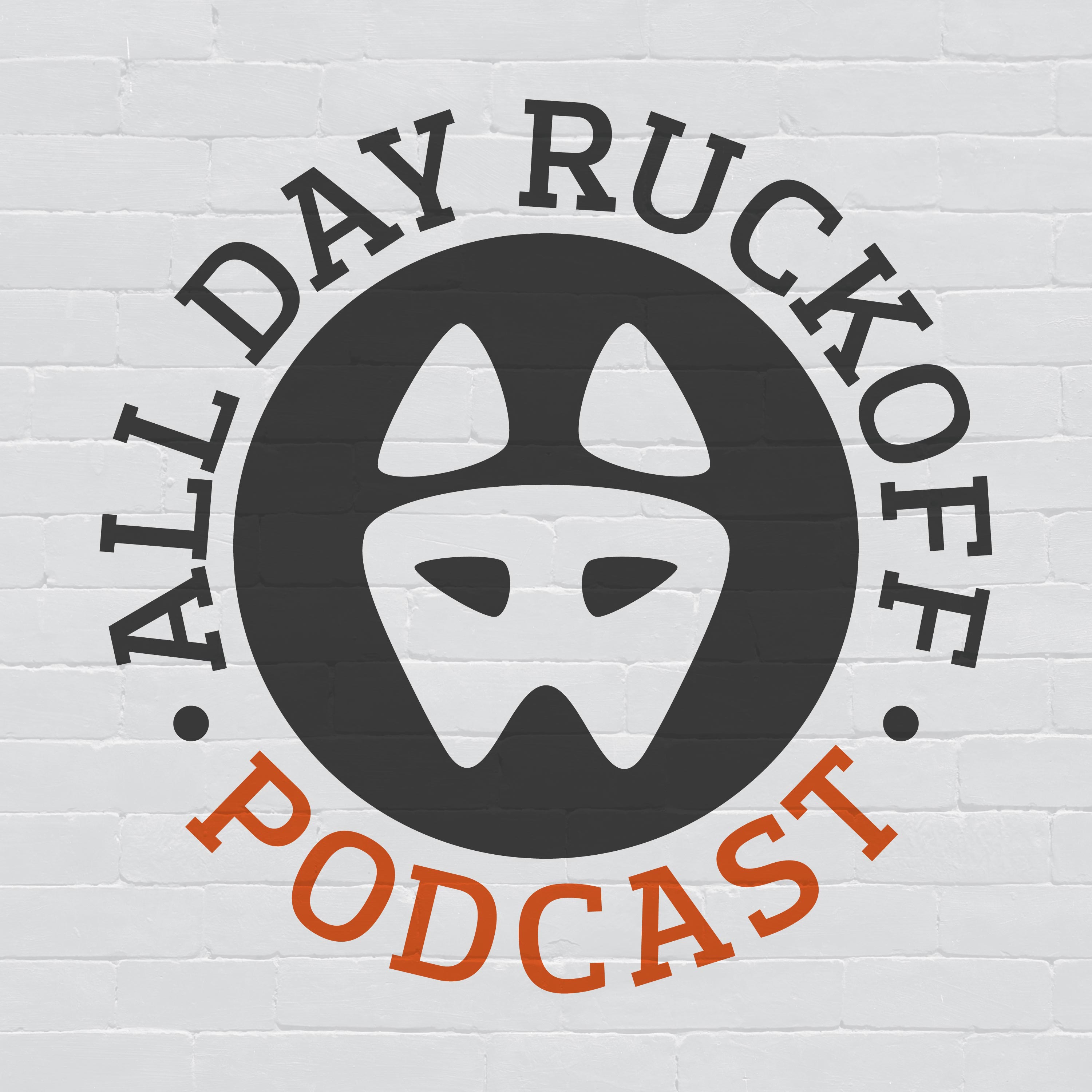
All Day Ruckoff Podcast
Brian Lohr
This Ends at Prom
Pod People Productions
The Weekly Show with Jon Stewart
Comedy Central
The Daily
The New York Times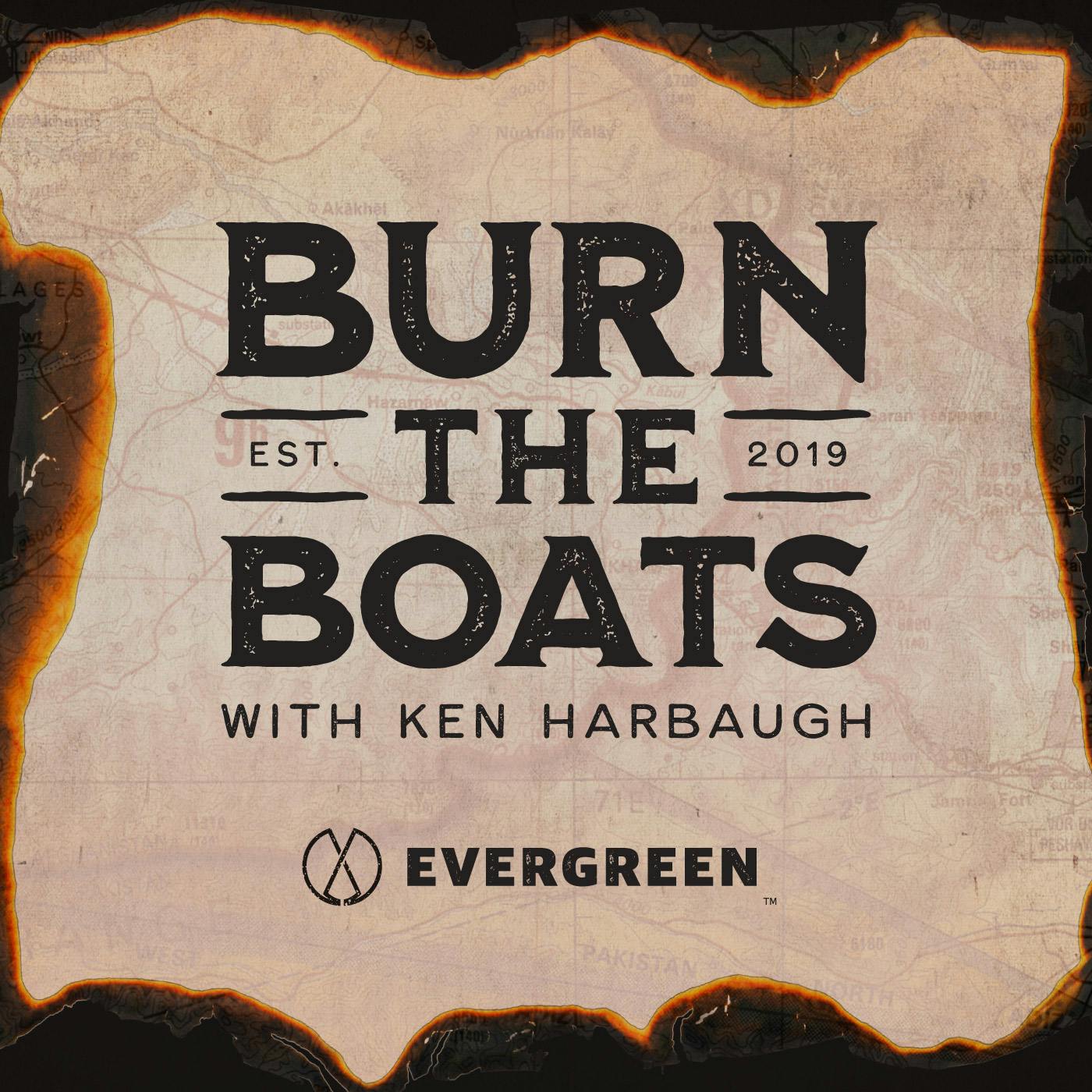
Burn the Boats
Evergreen Podcasts